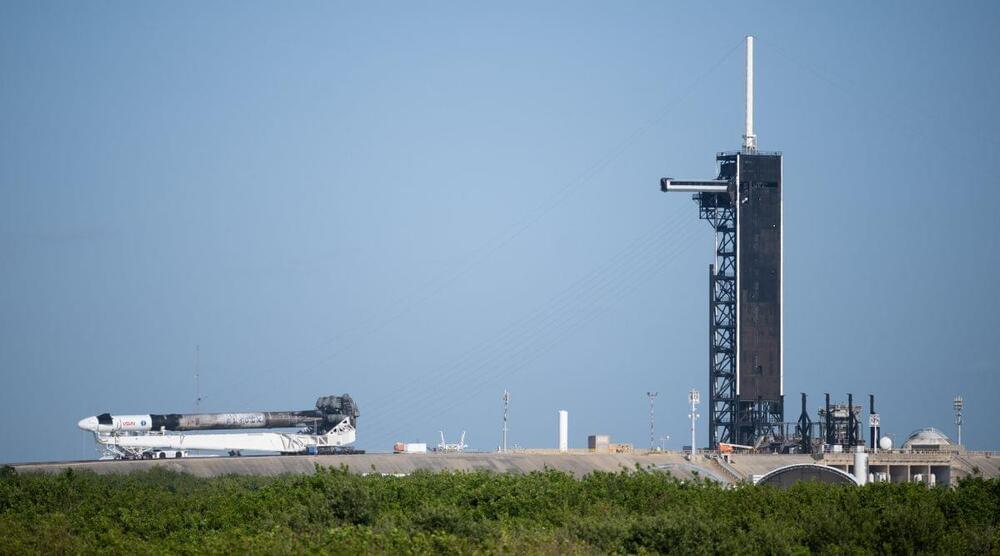And if bacteria causes one kind, whos to say it doesnt cause every other kind.
Genetic information on the microbes has already allowed the scientists to piece together how they may behave in the body, including what toxins and other substances they might release. This has led them to develop half a dozen hypotheses around how the bugs could cause prostate cancer.
“We currently have no way of reliably identifying aggressive prostate cancers, and this research could help make sure men get the right treatment for them,” Luxton added.
“If the team can demonstrate that these newly identified bacteria can not only predict, but actually cause aggressive prostate cancer, for the first time we may actually be able to prevent prostate cancer occurring. This would be a huge breakthrough that could save thousands of lives each year.”







